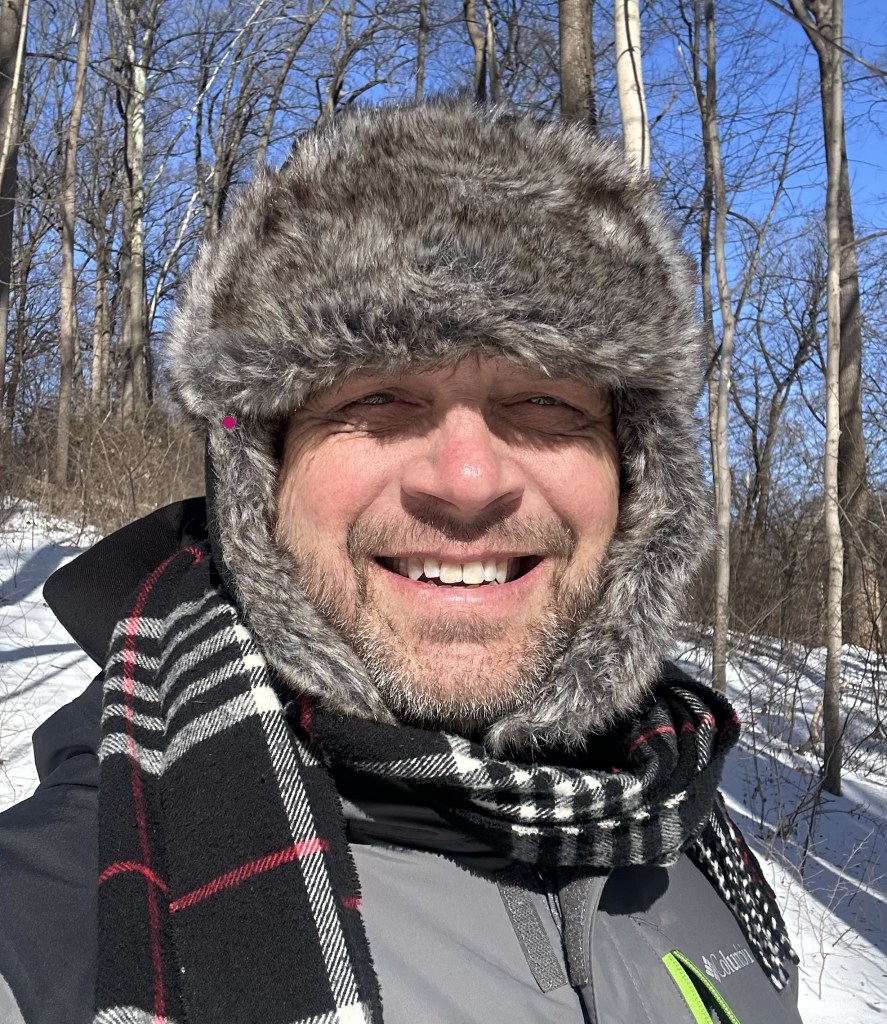Ever heard of Stockholm Syndrome? The psychological phenomenon where hostages begin to identify with and feel positive feelings towards their captors, maybe even to the point in helping them escape? For many this is accepted, even if rare, fact. It supposedly why kidnapping victims don’t try to run away when they have the chance or why domestic abuse victims stay with their abusers.
But, what if the concept behind Stockholm Syndrome is only based on assumptions, rumors, falsehoods, and repeated unscientific “trainings” offered around the world by experts. THIS is the case. I highly recommend you listen to this December 2024 episode of Radiolab. It just might blow your mind. Even if you have no interest in the history of Stockholm Syndrome, the applications to how we treat victims and how we simplify psychological explanations can do harm to others.
The problem of face validity
As you listen to this episode you will hear how the name for the syndrome was created without
- Interview or study of the hostages
- Verifying the “facts” that were frequently repeated as undisputably true (e.g., that the hostage wanted to marry the kidnapper when he got out of prison)
- Replication studies
Why the wholesale acceptance at the public and even governmental level? Because it seemed to explain the behaviors of hostages. It made sense. This is what we call face validity. Makes sense…and is a false understanding. To quote HL Mencken, “Explanations exist; they have existed for all time; there is always a well-known solution to every human problem—neat, plausible, and wrong.”[1]
The problem is, we (the public) don’t know that they are wrong and so we promulgate simple yet wrong answers. Listen to the above episode and you will hear recordings of the police trainer who trained thousands of officers and departments on how to handle hostages who likely will develop the syndrome. Listen to how confident he speaks. So, we believe him, because how could we know any better?
But this confidence puts the focus on the wrong place and causes society to pathologize the wrong person.
This reminds me of the era of the late 80s and 90s where so many experts appeared talking about the reality of Satanic Ritual Abuse. Turns out many of these experts where self-proclaimed. But, the problem seemed real enough to be possible, so some accepted SRA as valid because it seemed to fit a probable reality. Sadly, this social angst created victims—not just those convinced to make false allegations but those whose lives were destroyed by those allegations.
While we could write about WHY some people present themselves as being experts when their theories and interventions are not really supported with empirical evidence, I want to consider why WE are prone to believe them. We believe them because we need simple answers to allay our own fears as to whether we are okay.
Heuristics make life easier…and are close enough, until they are not
Heuristics are a method by which we ignore complex information that might overwhelm us in order to come to a reasonable and timely decision. For example, you look up 3 websites to discover the best diet to try and you decide to try the last one (recency effect) to avoid information overload. Or, you listen to an expert talk about a subject and you generally believe them because they are talking about some recent research.
Let’s talk about a common heuristic that probably you have used that makes sense and seems to explain things about personality—Myers-Brigs Type Indicator (MBTI). Surely you have taken this test and found you fit one of 16 variations of 4 letters. The assessment tool tells you which side of the 4 categories you fall. You can easily summarize your personality by saying you are an ENFP or INTJ or the like. This makes it easier for others to understand what you are like and might even explain why you approach the world the way you do.
Simple, right? But the MBTI lacks adequate reliability (getting the same answer every time) and validity. What It does do is communicate some things well, hence why we use it. But it lacks significant empirical backing and should not be used as a tool describing personality. Why do we accept it? Because it is easy. And we don’t mind so much that it is actually rather weak in describing personality variants.
No one is really being harmed with being labeled as INTP. But what if a heuristic points us in the wrong direction and creates additional harm to a victim?
Why the Stockholm Syndrome heuristic sends us down the wrong path
Back to the Radiolab episode. Listen to Grace Stuart talk about why she stayed with an abusive partner.
Grace: …people don’t realize how much of domestic abuse is about confusion….confusion about what was even happening….What if I overreacted and made something out of nothing…
Sarah (interviewer): Whether to judge her ex by his good days or his bad days.
Grace: Is he the good guy or is he the bad guy? Is he kind or is he cruel? … Am I the perpetrator? Am I the narcissist?… Let me just change this one thing about myself.
Grace was looking to make sense of what was happening. To ask the why question. And she wasn’t asking so much about her abusive partner but about herself. What is wrong with me?
This is where the Stockholm syndrome answer takes us. What is wrong with the hostage or the partner who seems to be tied to the abuser? It has the focus on the wrong person. In the interview between Grace and Sarah, Grace’s voice fades out when she is about to answer what helped her change her point of inquiry. As the sound fades in the interview she mentions a book that helped her, “Why Does He Do That? By Lundy Bancroft. This book has helped many women better frame the questions from the why about themselves to the why and the what about their abuser.
You see, we are focused on the wrong person when we try to answer the question about why someone might stay in a bad situation. What if we changed our question to, “what do abusers do to keep people trapped.”
All explanations will fail. All theories will fail. So now what? Ask more questions
Nearer to the end of the episode, another story about a young man who was in the “Sarah Lawrence” cult. Daniel states that after he was able to get out of the cult, it took him 6 years to be able to process what happened to him. He says that he had to come to terms that he would never have a satisfactory answer to the “why” question. And that he had to come to terms with the factors in why he stayed were complex and the tools he had to make decisions at that time were limited.
What is his solution? Keep asking curious questions about human behavior. “Be suspicious of any concept which doesn’t invite further curiosity.” “If it is a thought terminating answer…anything that ends our curiosity is bad.” So, he invites people to ask, “what helped you leave?” rather than “why didn’t you leave?”
Concluding thought
If you have read this far and listened to the podcast (if not, I remind you to not miss it!), take a moment to consider what easy explanations you might be using about yourself or others. Can you allow yourself to accept the answer, “Its complicated” to the why question. Now, try to move on to some different questions.
- What can I do to make the moment better?
- Who might I be able to enlist to help me understand my options?
And when someone offers you a simple (simplistic) solution (e.g., “just breathe” or “just leave” or “just eat better”), smile and look for those who can sit with complicated things and help you decide the next one move to make.
[1] Prejudices, Second Series, p. 158.








